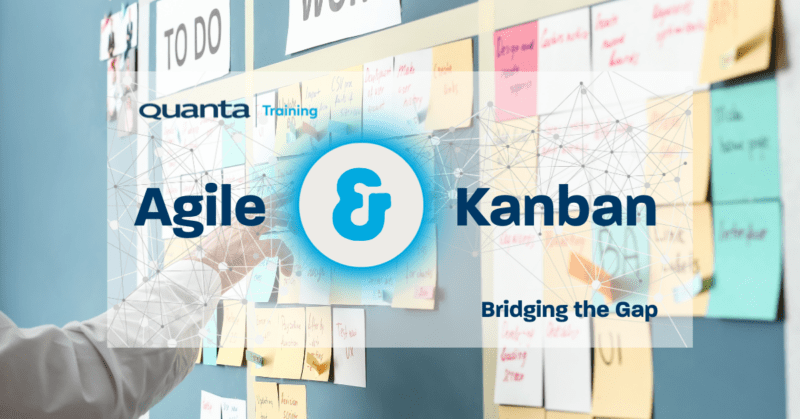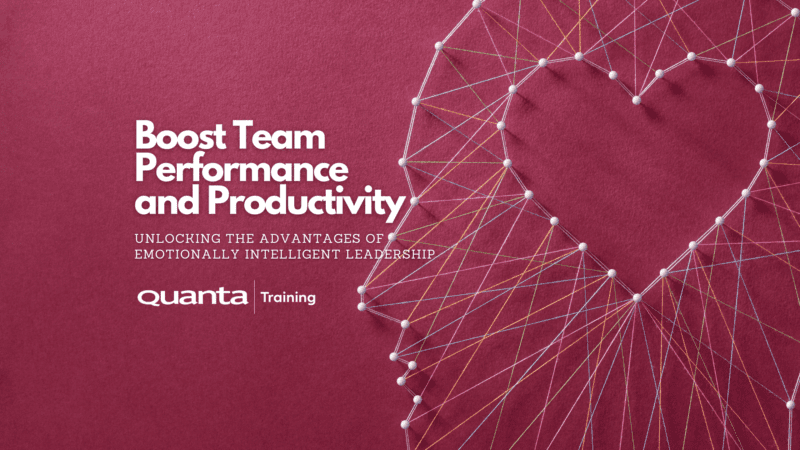APM Project Management Qualification (PMQ) recognises both your technical management and leadership skills and can help you achieve Chartered Project Professional (ChPP) status in the future
APM Project Management Qualification (PMQ), previously known as APMP, is the qualification for anyone who has worked within project management for up to two years, such as project office personnel, team members, recently appointed project officers, or for anyone who has recently taken on project management responsibilities as part of their job.Book Your Course
Start Date
Venue
Availability
Cost
Course confirmed - Guaranteed to run
Course Full/Limited availability
Price shown excluding VAT.
Book a Private Event
If you require the content of this event tailored or have around 7 or more people to train it maybe better for you to host a Private Event, please get in touch to discuss this.
Get in touchDescription
Who is this course for
APM Project Management Qualification is the benchmark qualification for anyone embarking on a project management career, or looking to add project management to their portfolio of skills.
Purpose of the course
The course provides a wide breadth of knowledge in all areas of Project Management, from strategic and commercial implications, to the technical, organisational, and people management skills required to participate effectively within a project team. The APM Project Management Qualification provides evidence of a thorough understanding of project management. Based upon the APM’s Body of Knowledge, the course covers all the techniques required to plan, control and implement successful projects.
You will learn how to
- Apply the tools and techniques suggested by the Association of Project Managers
- Contextualise a project in different environments, such as business as usual, programme and portfolio
- Use and apply a social roles model
- Use and apply a situational leadership model
- Approach conflict in project management in different ways, each suited to a given circumstance
Prerequisites
This is an advanced course and it is advised that you have completed one of the following courses: Principles of Project Management, APM Project Fundamentals Qualification, PRINCE2 Foundation or PRINCE2 Combined.Or have extensive experience in project management and ideally have been working in a projects role for at least two years.
Benefits for you as an individual
Attendees should, by learning 29 competences based around outcomes that project professionals need to achieve, gain a good understanding of what a project is and what a project manager's job involves. This includes techniques such as risk assessment, planning and reporting and 'softer' elements of project management such as communication, motivation and teamwork.
Benefits for your organisation
Attendees should gain a fully rounded appreciation of what is involved in managing a project: topics are explored in detail, with the emphasis on what needs to be done in running a project, such as the use of milestone charts and earned value analysis in reporting.
Pre-Course
There is around 20 hours of guided self-study to do before attending the course. This is delivered by our Quanta Learn platform.
General
- Introduction to Project Management
- What is a Project?
- Benefits of Managing Groups of Projects
- Understanding the Projects Context and its Impact
- Stakeholder Management
Strategic
- Project Success Criteria and Factors
- Defining Success and Suitable Performance Indicators
- Project Management Plan
- Purpose, Content, Authorship, Readership, and Ownership
- Risk Management
- Risk Identification, Evaluation, and Planning
- Quantitative Analysis in Risk Management
- Quality Management
- Quality Planning, Control, and Assurance
- Common Quality Techniques
- Health, Safety, and Environmental Standards in Project Management
- Sustainability in Projects
- Balancing Economic, Social, and Environmental Factors
- Integrating Sustainability into the Business Case and Project Life Cycle
Control
- Breakdown Structures and Relationships
- Work, Product, and Organisational Breakdown Structures
- Project Scheduling Techniques
- Time Schedules, Resource Allocation, and Optimisation
- Resource Histograms and S-Curves
- Cost Management
- Budgeting Methods, Cost Estimation, and Control
- Understanding Earned Value Management (EVM)
- Change Control
- Managing and Controlling Changes in Projects
- Identifying and Resolving Change Control Issues
- Communication in Projects
- Effective Communication Methods and Channels
Technical
- Estimation Techniques
- Structuring Project Cost Estimates
- Effort Estimation for Project Execution
- Configuration Management
- Configuration Control, Identification, Status Accounting, and Auditing
- Procurement Management
- Procurement Strategies and Supplier Selection
- Contracting Methods and Supplier Relationship Management
Organisation and Governance
- Project Life Cycles
- Linear, Iterative, Hybrid, and Extended Life Cycles
- Governance Integration within Life Cycles
- Project Roles and Responsibilities
- Understanding Project Roles (Sponsor, Manager, Team, Users)
- Organisational Structures (Functional, Matrix, Project-Based)
- Project Reviews
- Importance and Types of Reviews (Decision Gates, Benefit Reviews, Audits)
- Post-Project Reviews and Lessons Learned
- Ethics, Compliance, and Professionalism in Project Management
People
- Team Management
- Building, Leading, and Motivating Teams
- Understanding Team Roles and Dynamics
- Leadership in Project Management
- Leadership Styles and Qualities
- Conflict and Negotiation
- Conflict Resolution Techniques
- Negotiation Strategies (ZOPA, BATNA)
- Equality, Diversity, and Inclusion in Teams
Post-Course
There is around 20 hours of guided self-study to do before taking your exam. This is delivered by our Quanta Learn platform.
Additional Exam Information
You exam will take place on Monday @ 13:00 - 2 weeks after your course, please check your joining instructions for further information.Exams are ran exclusively online using the APM exam system, Surplus. For the online exam you will need a laptop using the latest version of Google Chrome, which allows extensions to be added. In addition you will need a smartphone or tablet to act as a second camera view. You can find out more here.
The exam is a 2.5 hours hour exam and is in 2 parts, once you have completed part 1 you may have an optional 30 minute break. During this time you can do anything you wish but you will be unable to refer back to or change any questions answered in part 1 after you return.
The exam consists of 40 questions with 4 different formats and you must answer all questions.
Exam results will come directly to you from APM.
Pre-Coursework
20 hours of pre-course work is required, along with around 3 hours of evening work during the course.Post-course there is an additional 20 hours worth of study to be done to fully prepare you for the exam.
All pre and post course work will be done via Quanta Learn, our e-learning portal and you will be sent login credentials once your course booking if confirmed.
Get Started
Forget trawling through endless course catalogues – Find the training that’s right for you
Learn MoreLatest from our blog
Kanban and Agile: Bridging the Gap
Kanban and Agile: Bridging the Gap Quanta’s Kanban University Certified Trainer Steve Church explores the way in which Agile and…
Read More
How a Ballerina could move into Cybersecurity
Jason Ford, Quanta Cybersecurity and IT Trainer talks about the limitations in Cybersecurity Training courses. Jason discusses a safe and…
Read More
Boost Team Performance and Productivity: Unlocking the Advantages of Emotionally Intelligent Leadership
Quanta People Development and Leadership Trainer, Giles Collins outlines the key elements of Emotionally Intelligent Leadership and how it impacts…
Read More





